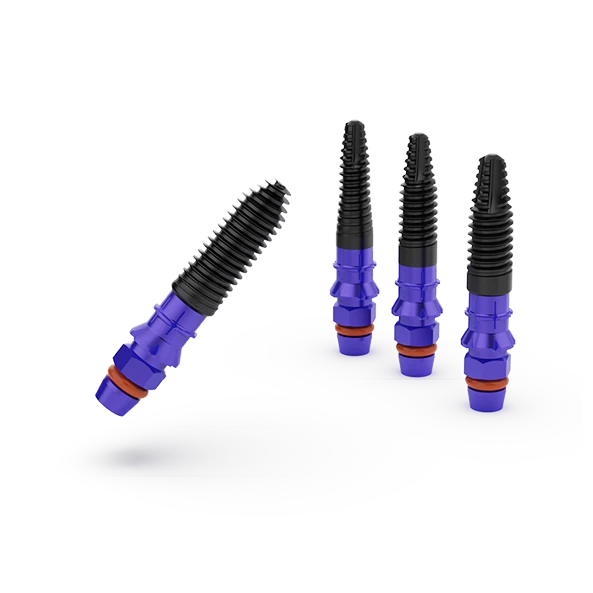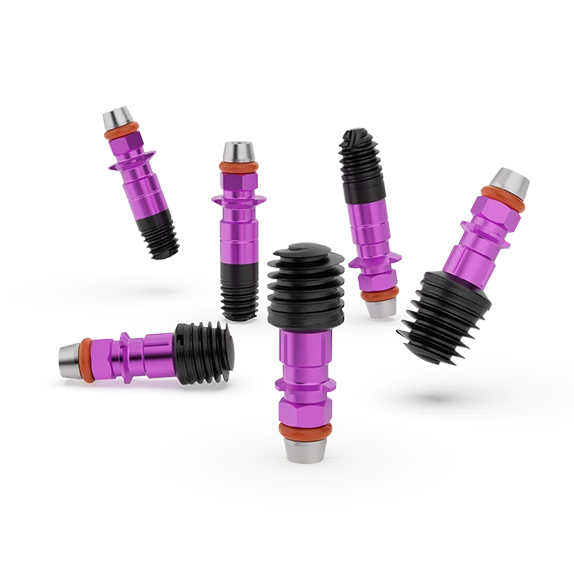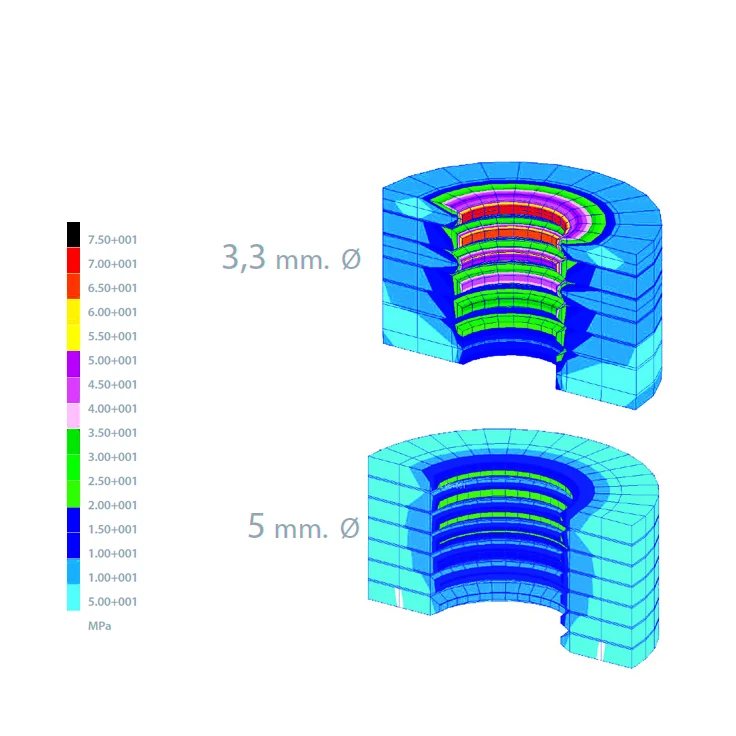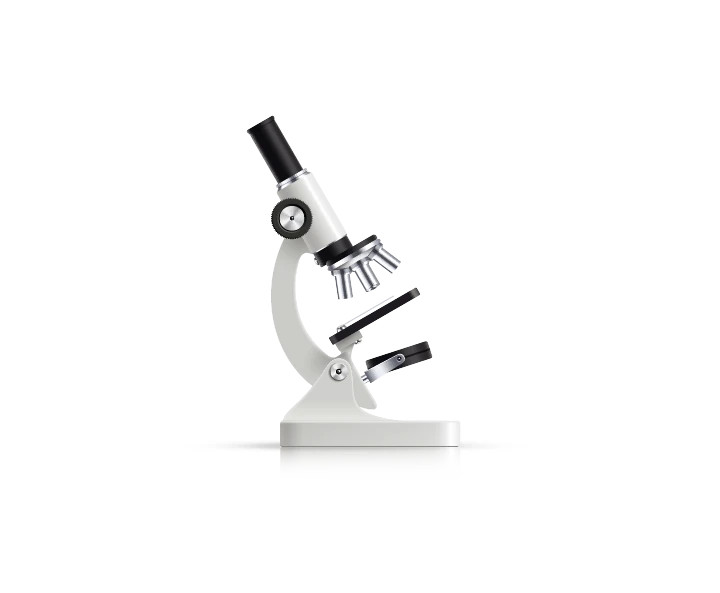Deal with bone reabsorption treatments without complex and costly reconstructions, without post-operative complications and without delays in functional and aesthetic rehabilitation.

Most severe maxillary atrophies need to be treated using extremely traumatic surgical procedures that require complicated approaches. This means that the professional needs more training, implies a lengthier treatment time and more resources on the part of the patient.
BTI has solutions that don't involve complex reconstructions which are less invasive thanks to the narrower and shorter implants, allowing you address these cases in a simpler way.



Simpler protocols imply greater predictability. Not having post-operative complications guarantees a higher rate of successful surgical procedures and improves patient satisfaction. Patients will subsequently share their positive experience helping you to grow as a professional.

Less invasive surgery helps to convince the patient to go ahead with it as they won't feel uneasy or fearful, they'll know that there won't be any delays in recovery or high costs.

The 3.0 implants allow to treat total and partial edentulisms without previous steps of bone augmentation, always in the presence of a moderate volume of bone.
In cases of severe atrophy, the use of the KEXCO motorized expander kit together with PRGF–ENDORET® technology allows a less invasive expansion technique to achieve the appropriate bone volume.


Implant with a diameter of 3.5 mm for the 3.0 internal connection platform.
The profile of this diameter features deeper threads, a body designed for osteocondensation, and an apex with greater fixation capacity.
It shares the 3 mm prosthetic platform and hexalobular connection with Platform 3.0 implants.

The short implants allow treating edentulisms with moderate atrophies in one surgical step:
In severe atrophy situations, the front cut drill and PRGF – ENDORET® will simplify the surgical approach to the mandible and maxillary sinus.
According to BTI Finite Element Studies:
So, to reduce stresses to the adjacent bone, BTI recommends:


More than 15 years of clinical research show the good performance of short and narrow implants. Their survival rates are similar to, and in some cases even higher, standard length and diameter implants.
Anitua E, Alkhraisat MH. 15-year follow-up of short dental implants placed in the partially edentulous patient: Mandible Vs maxilla. Ann Anat. 2019.
Anitua E, Alkhraisat MH. Single-unit short dental implants. Would they survive a long period of service? Br J Oral Maxillofac Surg. 2019
Anitua E, Alkhraisat MH. Fifteen-Year Follow-up of Short Dental Implants in the Completely Edentulous Jaw: Submerged Versus Nonsubmerged Healing. Implant Dentistry. 2019